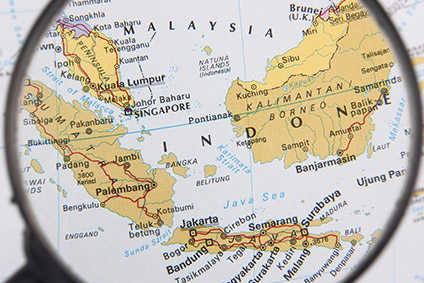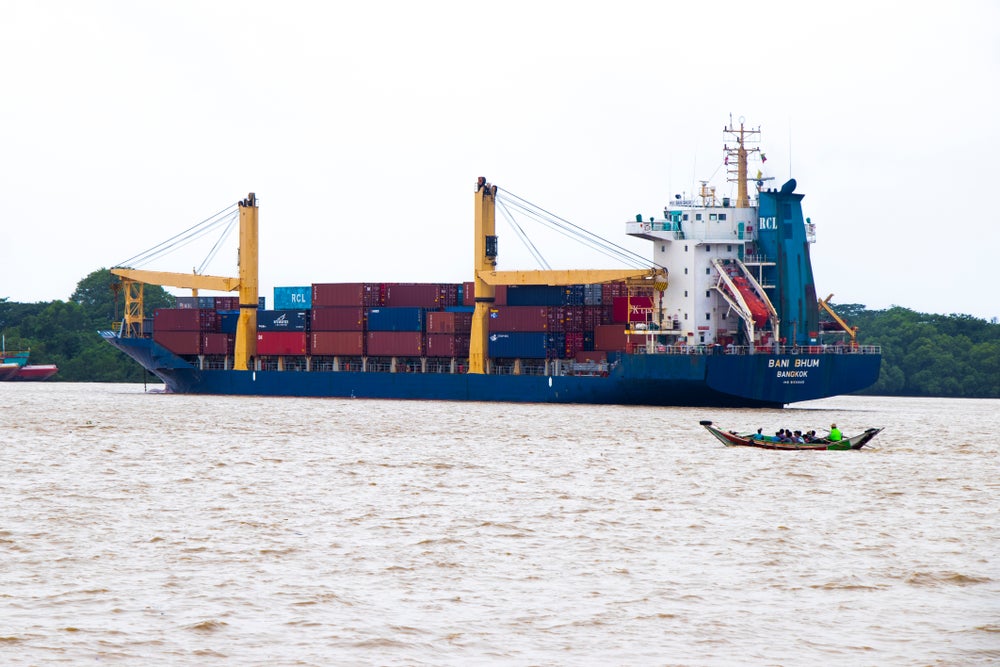
Malaysia’s garment and textile manufacturers are worried their government’s new minimum wage of MYR1,500 (US$368) for the private sector – which was approved this week – could make the industry less competitive.
The Malaysian government yesterday (14 August) approved a new minimum wage of MYR1,500 (US$368) for the private sector, but the new wages floor will be phased in gradually.
“If we push for higher minimum wages, [the] cost of production will go up and we will not be competitive,” Malaysia’s Prime Minister Dr Mahathir Mohamad told the country’s national news agency, Bernama. “The cost of living will also increase, hence people cannot buy what they used to buy.”
However it is introduced, the rise in the minimum wage will load some costs onto the government as per the new Pakatan Harapan government’s manifesto – which promised to bear 50% of any minimum wage rise in order to relieve the burden on employers.
“This means that when the minimum wage is raised from MYR1,000 to MYR1,500, the Pakatan Harapan government will share the cost difference of MYR500 with the employer equally,” the manifesto said. The party also promised to review the minimum wage every two years.
See Also:
Talks were held yesterday at the ministry of human resources in which garment and textile sector employers took part, regarding the first stage of the wage rise.
How well do you really know your competitors?
Access the most comprehensive Company Profiles on the market, powered by GlobalData. Save hours of research. Gain competitive edge.

Thank you!
Your download email will arrive shortly
Not ready to buy yet? Download a free sample
We are confident about the unique quality of our Company Profiles. However, we want you to make the most beneficial decision for your business, so we offer a free sample that you can download by submitting the below form
By GlobalDataBut the government has yet to decide on the timetable and it is “still deliberating on it,” Regina Leong, president of the Malaysian Textile and Apparel Centre – a subsidiary of the Malaysia Textile Manufacturers Association (MTMA) – told just-style.
Concerns that a new minimum wage limit for the private sector could make the industry less competitive are widespread among Malaysia’s garment and textile manufacturers.
Only if the new wage hike is backed by rises in productivity and skill levels will the industry’s competitiveness be preserved, industry leaders say.
“We are not against any wage hike. But any such increase to the minimum wage level needs to be linked to skill level and productivity rises,” Shamsuddin Bardon, executive director at the Malaysian Employers Federation, told just-style.
Bardon, whose association also represents the garment and textile sector, said that without upgrading in these areas, Malaysia will struggle to compete with countries such as Cambodia, Vietnam and Myanmar. “We want employees to be recognised for their skills” rather than giving them blanket wage hikes, he said.
Bardon suggested wage minimums could be linked to the government-run Malaysia Skill Certificate System: Level 1 is currently the lowest level of skill recognised, with Level 5 being equivalent to a degree.
The latest decision follows a recommendation last month by Malaysia’s National Wages Consultative Council that the minimum wage to be set at MYR1,500 (US$368) from the current amount of MYR1,000 (US$245) in Peninsular Malaysia and MYR920 (US$225.82) in East Malaysia (the northern section of Borneo island).
The move will standardise the minimum wage floor across the country.
Leong warned just-style that the new wage hike could harm productivity. “For example, if there is a daily target of 100 pieces, workers will be less likely to achieve this, as there is going to be higher base salary and they can still earn more even without meeting the daily target.” Instead, she also suggested that wage hike needed to be backed by high productivity and skills.
Productivity lagging
Bardon warned that Malaysia is lagging behind in labour productivity when compared to other countries in the region.
According to a recent World Bank report titled ‘Productivity Unplugged,’ labour productivity has grown more slowly in Malaysia than in other countries in the region. Between 1990 and 2014, Malaysia’s annual labour productivity (value added growth per worker) grew at 2.65%, whereas in Singapore it was at 3.95%; Thailand at 3.08%; South Korea at 3.39%; and Hong Kong at 3.15%.
Moreover, changing demographics are not in Malaysia’s favour. With “the share of the population over the age of 65 expected to exceed 7% by 2030, faster productivity growth will be necessary to ensure a sustainable growth trajectory that allows Malaysia to reach high-income status,” the report warned.
If the government accepts the wage recommendations, the Federation of Malaysian Manufacturers (FMM) has asked it to implement the proposed new wage hike in stages – over a five-year period with the first increase in 2019 – rather than implementing it in one go, so that the cost will be more bearable for employers.
Besides, a government decision to impose a levy on hiring foreign labour starting January 2018 has added to costs, Bardon said, adding that his association has made several recommendations to the government regarding wage limits. He declined to reveal what they were. “Higher costs will see production move out of the country,” he warned.
Malaysia’s garment and textile exports have already been affected to a lesser extent. The country’s textile and apparel exports were MYR16.40bn (US$4.02bn) in 2016 but dropped 1% to MYR16.22bn (US$3.98bn) in 2017, according to MTMA data.







